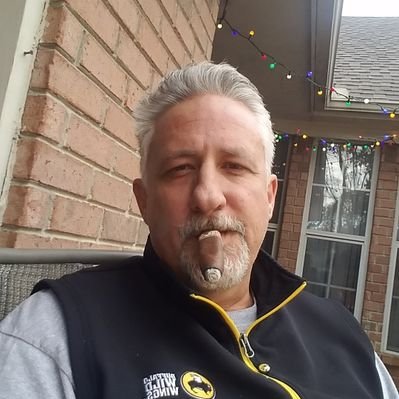Two other bodies lay nearby. Bedridden patients who had not yet succumbed said of the dead, "Please, get them out of here."
Frieden, the director of the U.S. Centers for Disease Control and Prevention (CDC), knew it was no simple matter to properly carry away a body loaded with Ebola virus. It takes four people wearing protective suits, one at each corner of the body bag. On that grim day near the end of August, in a makeshift Ebola ward in Monrovia, Liberia, burial teams already had lugged 60 victims to a truck for the trip to the crematorium.
Frieden had seen plenty of death over the years, but this was far worse than he expected, a plague on a medieval scale. "A scene out of Dante," he called it.
Shaken, he flew back to the United States on Aug. 31 and immediately briefed President Obama by phone. The window to act was closing, he told the president in the 15-minute call.
That conversation, nearly six months after the World Health Organization (WHO) learned of an Ebola outbreak in West Africa, was part of a mounting realization among world leaders that the battle against the virus was being lost. As of early September, with more than 1,800 confirmed Ebola deaths in Guinea, Liberia and Sierra Leone, there was still no coordinated global response. Alarmed U.S. officials realized they would need to call in the military.
Very interesting read on this outbreak...
http://wapo.st/1rZC9AI


 RSS Feed
RSS Feed